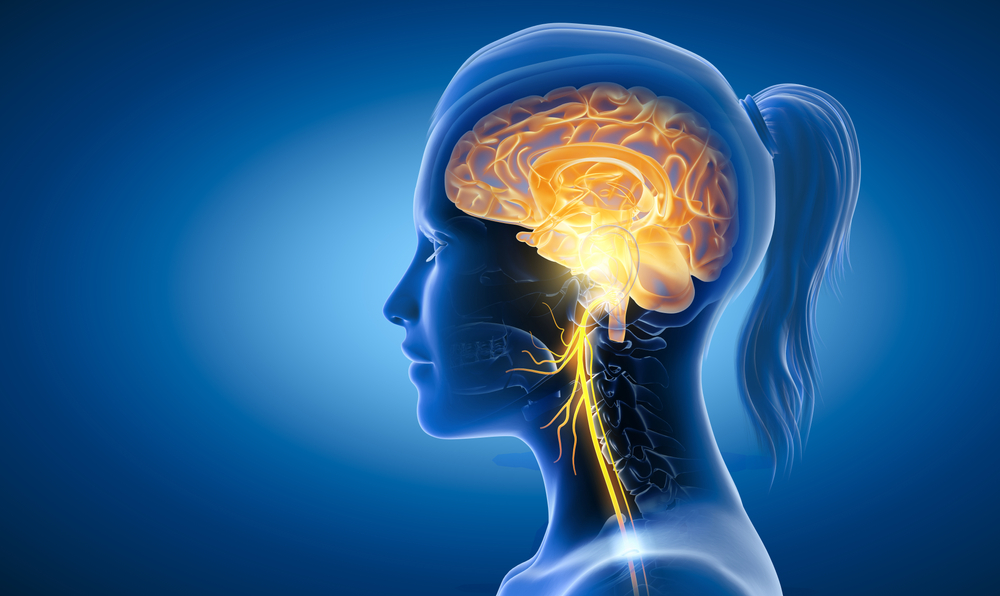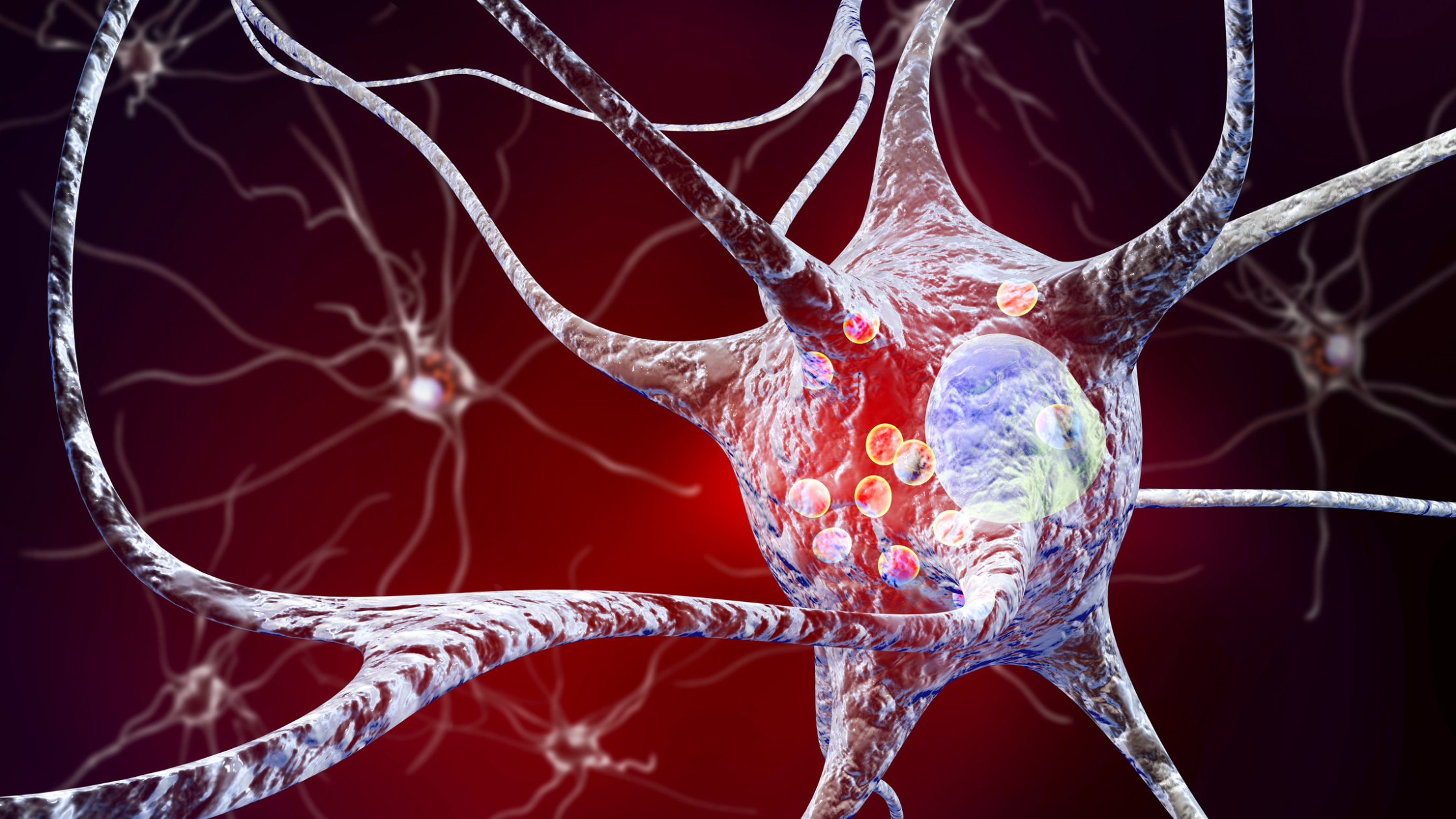Cranial Nerve Sequencing in Dallas | An Overview
Each cranial nerve serves a different purpose in the body. However, many adults find that their nerves fire together when they should fire separately. This inability to separate movements, sensations, and reactions can lead to fatigue and stress.
Cranial nerve sequencing taps into this intricate web of cranial nerves and helps participants regulate themselves. During a session at our Dallas clinic, a specialist will guide you through each nerve one at a time. Together we will explore nerve function and get a feel for whether your nerves are over- or under-activated. Like muscles, some nerves will overcompensate in order to help damaged or stressed nerves.
If you haven’t found relief for your stress and sub-optimal motor skills, then cranial nerve sequencing might be for you. Let’s explore the world of cranial nerve sequencing in Dallas, learning how it works on the body and highlighting conditions that respond positively to this integrative therapy.
For those seeking cranial nerve sequencing, the Dallas Tennant Institute clinic is now accepting new patients. Schedule an appointment today.
Is Cranial Nerve Sequencing for You?
Because the nerves are so foundational to our experience of the world, it’s hard to know exactly how your health will improve after sessions. It’s completely possible that gut issues can be resolved since the gut contains millions of nerve endings. However, most Dallas residents try cranial nerve sequencing because they experience the following:
- Stiffness, visual strain, or headaches at work
- Struggle to stay in touch with their own body
- Daily back ache or pain due to sitting for long periods of time
- Jaw tension that they can’t release
- Difficulty with voice, speech, or swallowing
Understanding Cranial Nerve Sequencing
Cranial nerve sequencing in Dallas is a therapeutic approach that targets the twelve cranial nerves that originate from the brain and extend to various regions of the head, neck, and upper body. These nerves play a crucial role in regulating a wide range of bodily functions, including sensory perception, motor control, and autonomic functions such as breathing and digestion. The key to cranial nerve sequencing lies in optimizing the communication and coordination between these nerves.
At the heart of cranial nerve sequencing in Dallas is the belief that many health issues stem from disruptions or imbalances in the flow of information along these neural pathways. These disruptions can manifest as physical symptoms, such as pain, muscle tension, or digestive problems, as well as mental and emotional challenges such as anxiety, depression, or sleep disturbances.
By fine-tuning the transmission of signals through these nerves, practitioners aim to restore equilibrium and enhance the body’s natural healing mechanisms.
How Cranial Nerve Sequencing Works on the Body
Skilled practitioners in Dallas, such as those at the Tennant Institute, utilize a combination of manual techniques, neuromuscular assessments, and advanced technology to identify areas of dysfunction or imbalance. These assessments provide valuable insights into the specific neural pathways that require attention.
Once the areas of concern are identified, a personalized treatment plan is developed. This plan may include a combination of therapies, such as craniosacral therapy, myofascial release, and energy healing, aimed at restoring the optimal flow of information through the cranial nerves.
These gentle and non-invasive techniques encourage relaxation, improve circulation, and alleviate tension, helping the body return to a state of balance and vitality.
Cranial nerve sequencing is a holistic approach that recognizes the interconnectedness of the body and mind. It acknowledges that physical symptoms often have underlying emotional or mental components, and vice versa. By addressing both the physical and energetic aspects of health, cranial nerve sequencing in Dallas can lead to profound improvements in overall well-being.
Conditions that Respond Well to Cranial Nerve Sequencing
The versatility of cranial nerve sequencing allows it to address a wide range of health conditions, both acute and chronic. Some of the conditions that tend to respond positively to cranial nerve sequencing in Dallas include the following:
Migraines and Headaches
Cranial nerve sequencing can help alleviate the frequency and intensity of migraines and tension headaches by releasing tension in the cranial and neck muscles and improving blood flow to the brain.
Chronic Pain
Whether it’s neck, back, or joint pain, cranial nerve sequencing can provide relief by addressing the underlying neural imbalances contributing to the pain.
Anxiety and Depression
By promoting relaxation and reducing the overstimulation of the sympathetic nervous system, cranial nerve sequencing can help individuals manage symptoms of anxiety and depression.
Digestive Disorders
Conditions such as irritable bowel syndrome (IBS) and acid reflux may improve with cranial nerve sequencing, as it can support the optimal function of the vagus nerve, which plays a crucial role in digestion.
Sleep Disorders
Individuals struggling with insomnia or poor sleep quality may benefit from cranial nerve sequencing, as it helps regulate the sleep-wake cycle and reduce tension that can interfere with sleep.
Trauma and PTSD
Cranial nerve sequencing in Dallas can be a valuable component of trauma therapy, as it can release stored tension in the nervous system and support emotional healing.
Neurological Conditions
Some neurological conditions, such as post-concussion syndrome and certain movement disorders, may see improvements in symptoms through cranial nerve sequencing.
Try Cranial Nerve Sequencing in Dallas Today
The Tennant Institute offers hope and healing through cranial nerve sequencing in Dallas and other integrative services. This innovative approach recognizes the intricate web of cranial nerves as a gateway to enhanced health and well-being. By restoring the balance and flow of information along these neural pathways, individuals can experience relief from a wide range of physical, emotional, and mental challenges.
Schedule a consultation with the Tennant team today. We may be able to recommend additional therapies that will have you feeling your best.






